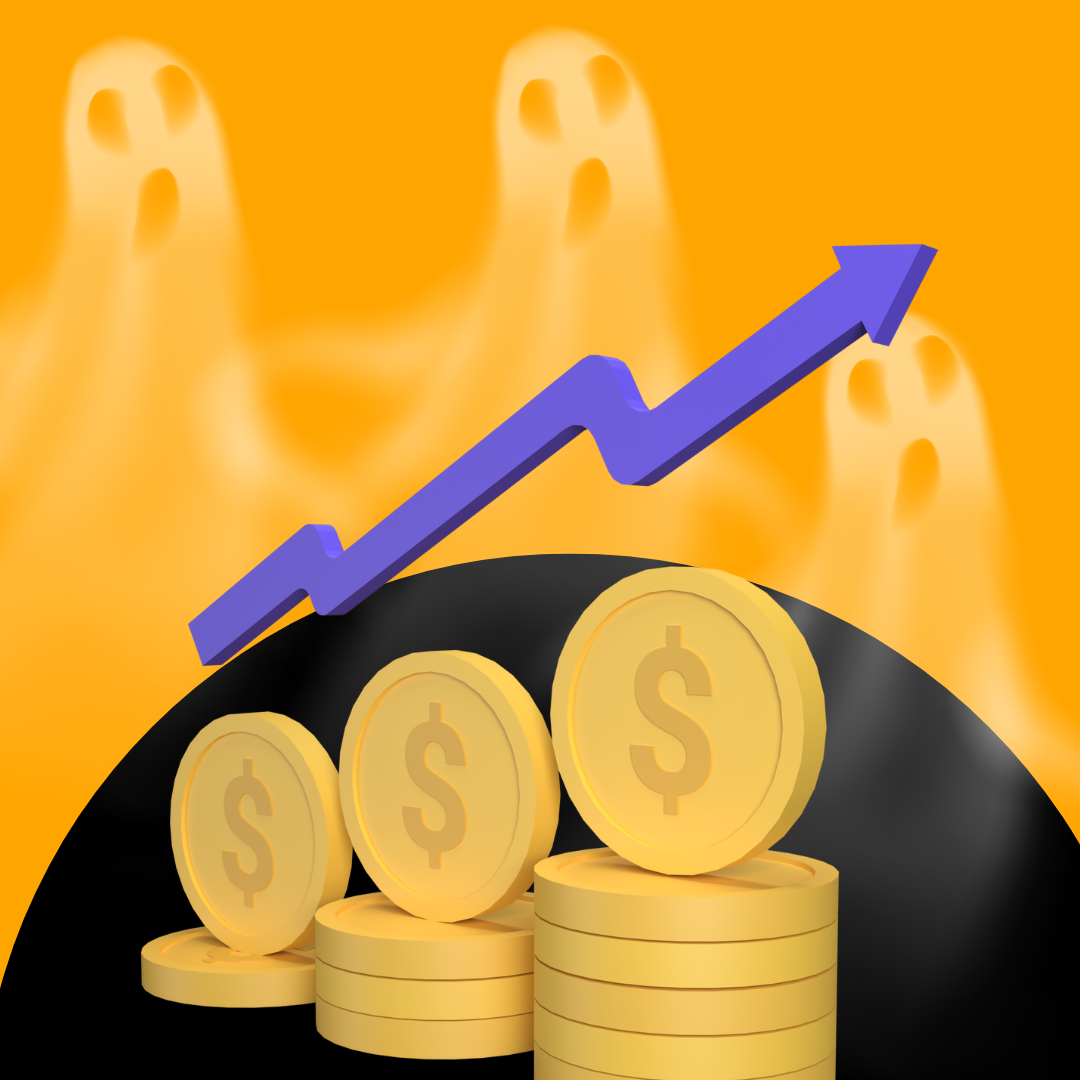The Role of Data Analytics in Health Insurance Renewals
Know your data and its value.

Data analytics plays a pivotal role in the health insurance industry, particularly in the context of renewal processes. It is paramount that groups and carriers get the most information they can in order to make the most informed decisions. Unfortunately, not all carriers believe groups deserve this information; this puts group sponsors at a significant disadvantage when deciding how or what to offer their employees. Let’s take a closer look at how data analytics contributes to predicting renewal outcomes, enhancing client retention, and making informed decisions during renewal seasons:
Risk Assessment and Prediction: Data analytics enables insurance companies to assess the risk associated with each policyholder accurately. By analyzing historical data, such as claims history, medical records, and lifestyle information, insurers can better predict the likelihood of a policyholder's claims in the future. This predictive modeling helps in setting appropriate premiums and coverage limits for each group during the renewal process.
Personalized Pricing: With data analytics, insurers can offer personalized pricing to policyholders based on their specific risk profiles. This not only helps in retaining low-risk clients by offering them competitive rates but also allows for optimizing revenue by adjusting premiums for higher-risk clients.
Client Retention: Understanding the specific needs and preferences of each group is crucial for client retention. Data analytics helps underwriters to understand customer behavior and preferences, allowing insurers to tailor their offerings and communication strategies.
Fraud Detection:
Data analytics plays a significant role in fraud detection. During renewal processes, insurers can use advanced analytics to identify unusual patterns or anomalies in claims data. This helps in detecting and preventing fraudulent claims, which can lead to cost savings and maintaining the integrity of the insurance pool.
Customer Engagement: Renewal seasons are an excellent opportunity to engage with policyholders. Data analytics can be used to send personalized reminders, offer incentives for renewing policies, and provide easy-to-understand insights into the value of the insurance coverage. This improves customer satisfaction and encourages policyholders to renew.
Data-Driven Decision-Making: Group Sponsors can leverage data to make informed decisions about the benefits they are offering their employees and what specific benefits are being used or not used, allowing them to spend more money on items members value. The same data helps insurers on what product offerings to maintain/discontinue, underwriting guidelines, and marketing strategies. By analyzing data both group sponsors and insurers can adapt and refine their renewal strategies.
Compliance and Reporting:
Data analytics helps group sponsors and insurance companies ensure compliance with regulatory requirements. By tracking and analyzing data related to policy compliance and reporting, everyone can avoid penalties and maintain a good standing with regulatory authorities.
Data analytics is indeed a "goldmine" in the health insurance industry. It empowers insurers and group sponsors to make data-driven decisions, predict renewal outcomes accurately, enhance client retention through personalized services, and effectively manage risks. As the insurance landscape continues to evolve, companies that harness the power of data analytics will have a competitive advantage in serving their clients and adapting to changing market dynamics.
If you have questions about how your group's data can impact your renewal decisions please reach out,
mike@carepathbenefits.com. I look forward to connecting.












